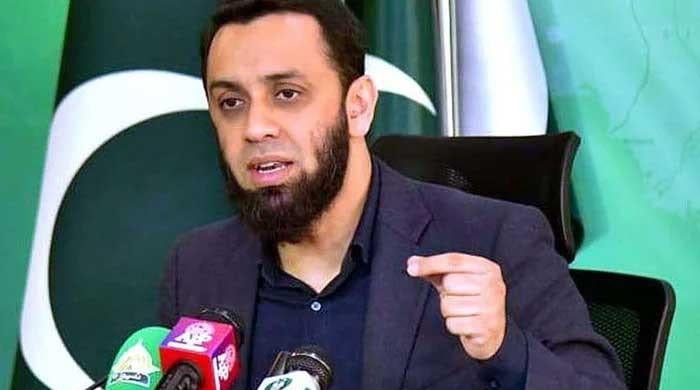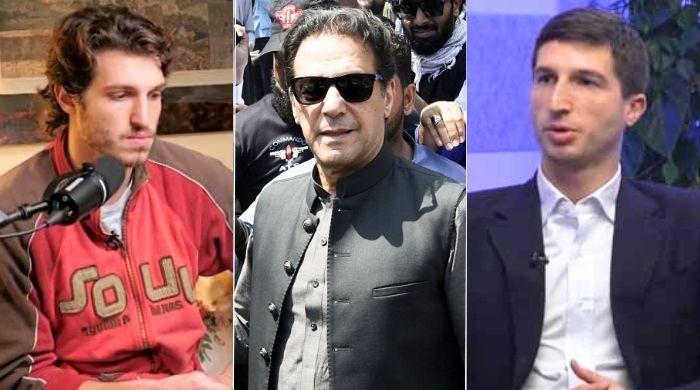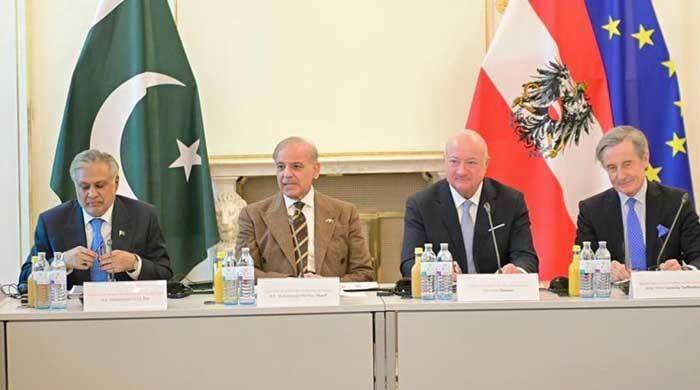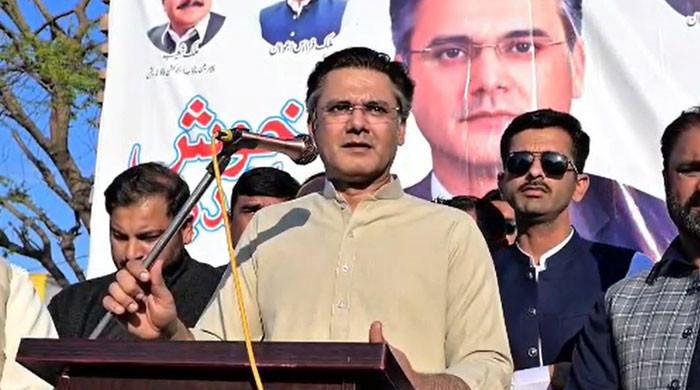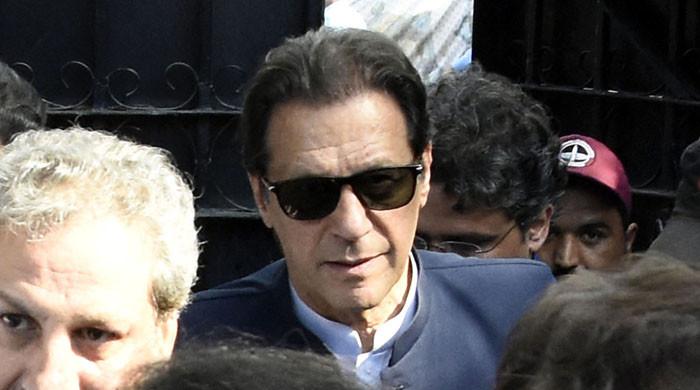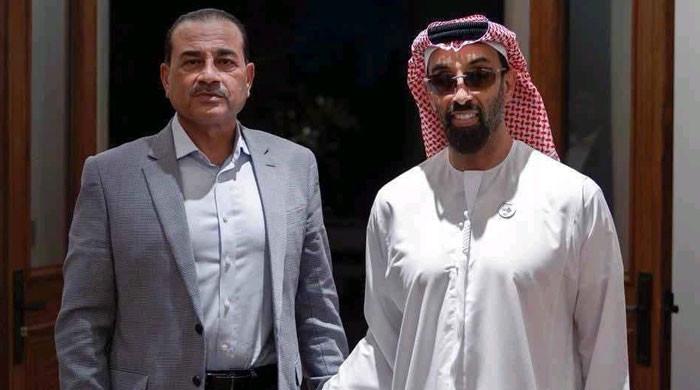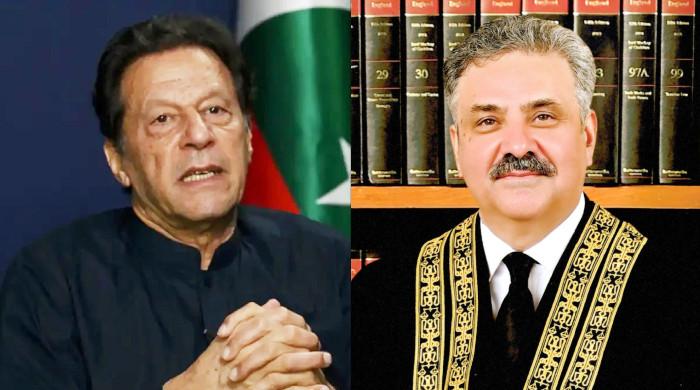Pakistan will never accept India's hegemony in region, says Field Marshal Asim Munir
Terrorism is India's internal issue primarily caused by oppression, discrimination against minorities, says army chief
May 29, 2025
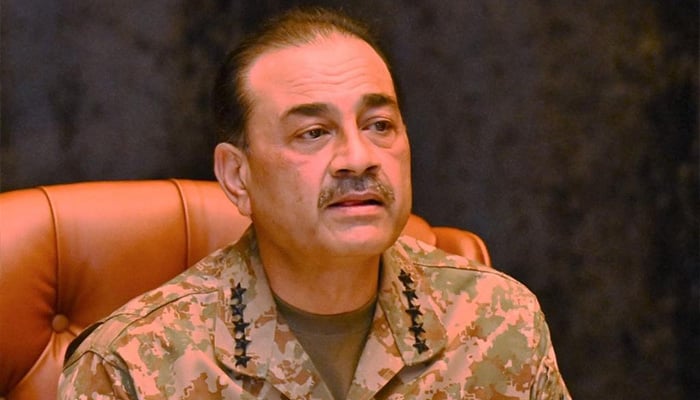
- Army chief says Pakistan won't forget or abandon Kashmir.
- Says terrorists in Balochistan are backed by India.
- This safe homeland is secured by uniform: participants.
Chief of Army Staff (COAS) Field Marshal Syed Asim Munir said on Thursday that Pakistan would never accept India's hegemony, adding that water is a "red line" and no one would be allowed to compromise on the fundamental right of 240 million Pakistanis.
It is noteworthy to mention here that India threatened to block Pakistan's water after suspending the Indus Waters Treaty in response to last month's Pahalgam attack in the Indian Illegally Occupied Jammu and Kashmir (IIOJK) that left 26 tourists dead.
Field Marshal Munir interacted with participants of ‘Hilal Talks’ at the Army Auditorium today.
Spanning interactive sessions and group discussions on a range of international, regional and national issues, Hilal Talks are intended to act as a forum for perspective sharing among members of Pakistan’s academic community, Inter-Services Public Relations (ISPR) said.
"Educators are the biggest asset of Pakistan. What I am today is because of my parents and teachers. Educators bear the responsibility to build the character of Pakistan's future generations. You (educators) must pass on Pakistan's story to the next generations," he said.
The field marshal said that Pakistan was blessed to get help from Allah Almighty during the Marka-e-Haq — referring to the recent standoff with India. He added that when a nation stands united like an iron wall then no force in the world can defeat it.
Pakistan and India fired missiles onto each other's territory during weeks of tensions after the deadly attack on tourists in the IIOJK that New Delhi blames on Islamabad, without offering any evidence.
Pakistan denies involvement and offers to participate in an independent and credible probe.
Following India's unprovoked attacks, Pakistan armed forces launched a large-scale retaliatory military action, named "Operation Bunyan-um-Marsoos" and targeted several Indian military strikes across multiple regions.
Pakistan downed its six fighter jets, including three Rafale, and dozens of drones. After at least 87 hours, the war between the two nuclear-armed nations ended on May 10 following US President Donald Trump's announcement of a ceasefire.
Field Marshal Munir clarified that Pakistan would never make any compromise on the Kashmir dispute, adding that India must understand that Pakistan will neither forget Kashmir nor abandon it.
He went on to say that it is no longer possible for India to suppress the Kashmir dispute as it is a global issue.
Rejecting Indian allegations, the field marshal said that terrorism is India's internal issue which is primarily caused by increasing oppression and discrimination against minorities, especially Muslims, in India.
Field Marshal Munir said that terrorists in Balochistan were backed by India and they have no connection with Balochs.
The army chief called for making Pakistan a strong state where all institutions work under the law and Constitution without any political pressure, financial and personal gains, and for the welfare of the people.
During the Q&A session, participants expressed their sentiments, saying: "This safe homeland is secured by the uniform."
They added: "We are proud of Pakistan and our armed forces, and we will continue to stand shoulder to shoulder with them."
The forum concluded with a shared commitment to work together towards a more secure and prosperous Pakistan.





